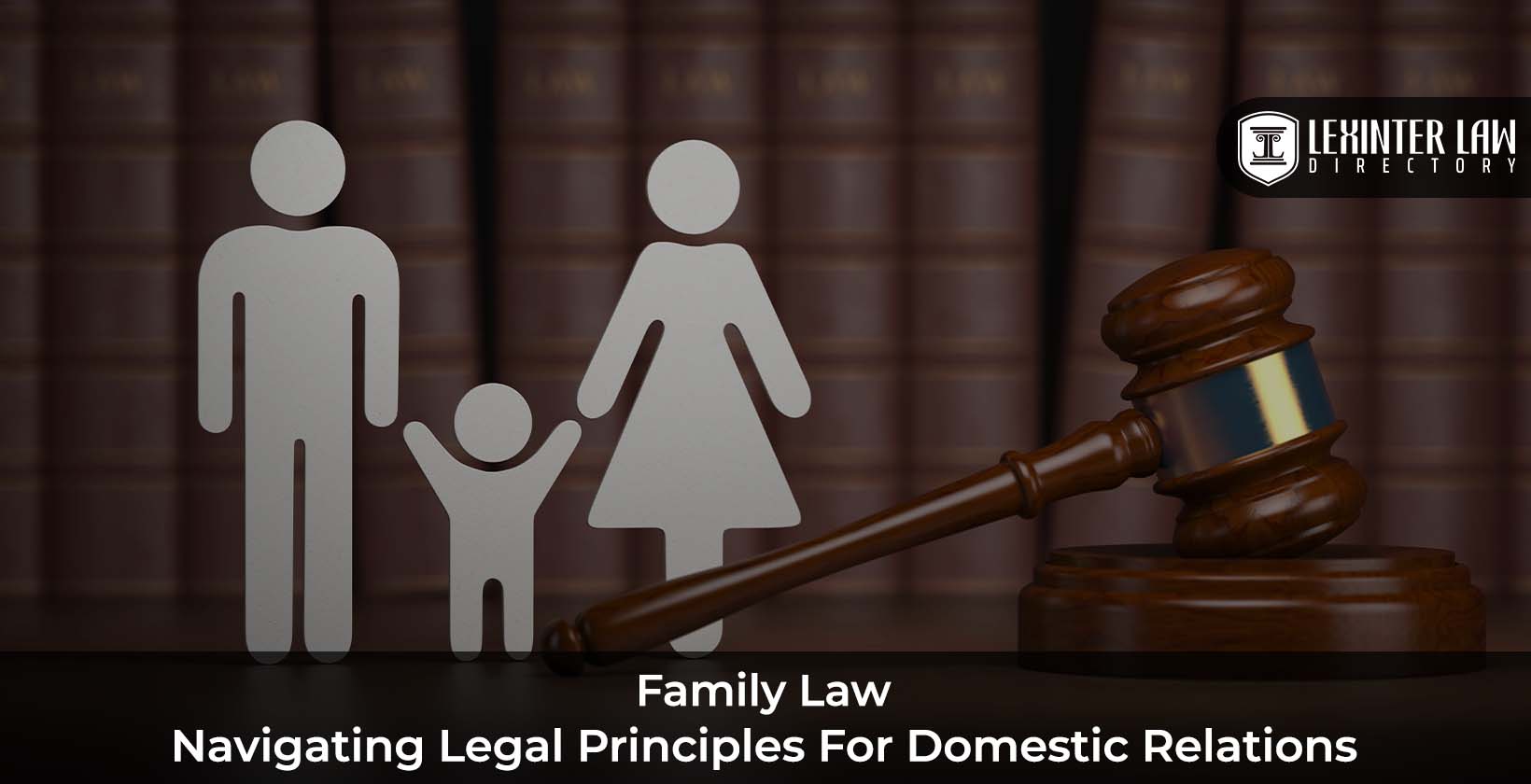In the event of a car accident, the road to recovery can be difficult. Medical bills, repairs, and missed work can add up quickly, and it can be hard to know what steps to take to protect your rights. One of the most important things you can do is to talk to an attorney to see if you have a case for a personal injury lawsuit.
When to Sue After a Car Accident
There are a number of factors that will determine whether or not you have a case for a personal injury lawsuit after a car accident. These include:
* The other driver was at fault for the accident. In order to win a personal injury lawsuit, you must be able to prove that the other driver was negligent and that their negligence caused your injuries.
* You suffered injuries. In order to file a personal injury lawsuit, you must have suffered some type of injury as a result of the car accident. These injuries can be physical, emotional, or both.
* You have damages. Damages are the financial losses you have suffered as a result of the car accident. These damages can include medical bills, lost wages, pain and suffering, and more.
Filing a Personal Injury Lawsuit
If you believe that you have a case for a personal injury lawsuit, the first step is to contact an attorney. An attorney can help you gather evidence, file your lawsuit, and represent you in court.
The personal injury lawsuit process can be complex and time-consuming, but it can be worth it if you are able to recover compensation for your injuries.
When Can You Sue in a Car Accident?
Have you been injured in a car accident? Do you wonder if you have a case? You might be entitled to compensation if you’ve been injured in a car accident through no fault of your own. When it comes to figuring out who is at fault, state laws vary, but there are some general guidelines that can help you determine when you might have a case.
Proving Fault
In most states, you’ll need to prove that the other driver was negligent in order to sue them. Negligence means that the other driver failed to act as a reasonable person would under similar circumstances. This can include things like speeding, running a red light, or driving while intoxicated. You’ll also need to prove that the other driver’s negligence caused your injuries. This can be done through medical records, witness statements, and other evidence.
There are a few exceptions to the rule that you need to prove fault. In some states, you may be able to sue the other driver even if they were not negligent. For example, you may be able to sue if the other driver was driving a company car and was acting within the scope of their employment. You may also be able to sue if the other driver was uninsured or underinsured.
If you’re thinking about suing after a car accident, it’s important to speak to an attorney. An attorney can help you determine if you have a case and can help you get the compensation you deserve.
Damages
If you’re successful in suing the other driver, you may be awarded damages. Damages are meant to compensate you for your injuries and losses. Damages can include things like medical expenses, lost wages, pain and suffering, and emotional distress.
The amount of damages you’re awarded will depend on the severity of your injuries and the other driver’s fault. In some cases, you may be awarded punitive damages. Punitive damages are meant to punish the other driver for their egregious conduct.
If you’ve been injured in a car accident, it’s important to understand your legal rights. You may be entitled to compensation if the other driver was negligent. Speak to an attorney to find out more.
When Can You Sue in a Car Accident?
Car accidents happen every day, and they can be a traumatic experience. If you’ve been in a car accident, you may be wondering if you can sue. The answer to this question depends on a number of factors, including the severity of the accident, who was at fault, and the laws of the state where the accident occurred.
Negligence
In most cases, you can sue in a car accident if the other driver was negligent. Negligence is a legal term that means that the other driver breached their duty of care to you. This duty of care requires drivers to act reasonably and to take steps to avoid causing harm to others. For example, drivers have a duty to obey traffic laws, to drive at a safe speed, and to be alert to the presence of other vehicles and pedestrians.
If the other driver breaches their duty of care and causes an accident, you may be able to sue them for damages. Damages are a legal term that refers to the financial compensation that you can recover for your injuries and losses. Damages can include compensation for medical expenses, lost wages, pain and suffering, and property damage.
To prove negligence, you must show that the other driver:
- Owed you a duty of care
- Breached that duty
- Caused your injuries or damages
If you can prove these elements, you may be able to recover damages from the other driver.
When Can You Sue in a Car Accident?
After the shock and confusion of a car accident, one of the first questions that may come to your mind is whether you have a case for a lawsuit. While every situation is unique, there are some general guidelines that can help you understand when you can pursue legal action.
Damages
In order to sue in a car accident, you must have suffered damages. Damages can be divided into two categories: economic and non-economic.
Economic damages are those that have a monetary value, such as medical expenses, lost wages, and property damage. Non-economic damages are those that do not have a monetary value, such as pain and suffering, emotional distress, and loss of enjoyment of life.
When Can You Sue?
You can sue in a car accident if you can prove that the other driver was negligent and that their negligence caused your damages. Negligence is the failure to exercise reasonable care, and it can be proven by showing that the other driver:
- Violated a traffic law
- Was driving while intoxicated or under the influence of drugs
- Was driving while distracted
- Failed to maintain their vehicle properly
- Engaged in reckless or aggressive driving
It is important to keep in mind that not all car accidents are the result of negligence. For example, if you rear-end another car that is stopped at a red light, you will likely be found at fault for the accident because you failed to maintain a safe following distance.
If you believe that you have been injured in a car accident due to the negligence of another driver, it is important to contact an attorney as soon as possible. An attorney can help you investigate the accident, gather evidence, and file a lawsuit on your behalf.
When Can You Sue in a Car Accident?
After a car accident, you may be wondering if you have a case. The answer depends on a number of factors, including the severity of the accident, who was at fault, and the laws of the state where the accident occurred. One important factor to consider is the statute of limitations, which is the deadline for filing a lawsuit. If you miss the statute of limitations, you may lose your right to sue.
Statute of Limitations
Each state has its own statute of limitations for car accident lawsuits. The most common statute of limitations is two years from the date of the accident, but some states have a three-year statute of limitations. It’s important to note that the statute of limitations begins to run on the date of the accident, not the date you discover your injuries. So, if you’re injured in a car accident, it’s important to contact an attorney as soon as possible to discuss your legal options.
Fault
In most states, you can only sue for damages if the other driver was at fault for the accident. Fault is determined by proving that the other driver was negligent. Negligence is the failure to take reasonable care to avoid causing harm to others. There are many different ways that a driver can be negligent, such as speeding, running a red light, or driving while intoxicated.
Damages
If you’re successful in your lawsuit, you may be awarded damages. Damages are monetary compensation for the losses you’ve suffered as a result of the accident. There are two main types of damages: compensatory damages and punitive damages. Compensatory damages are designed to compensate you for your economic and non-economic losses, such as medical expenses, lost wages, and pain and suffering. Punitive damages are designed to punish the other driver for their negligence and deter them from committing similar acts in the future.
What Should You Do If You’re Involved in a Car Accident?
If you’re involved in a car accident, it’s important to take the following steps:
When can sue in a car crash
Have you ever been involved in a car accident? If so, you know that it can be a stressful and confusing experience. One of the first questions you may have is whether or not you can sue. The answer to this question depends on a number of factors, including the severity of the accident, who was at fault, and the laws of the state in which the accident occurred.
What to do after a car accident
If you are involved in a car accident, the first thing you should do is check for injuries. Once you have made sure that you and your passengers are safe, you should exchange information with the other driver(s) involved in the accident. This information includes your name, address, phone number, insurance company, and policy number. You should also take photos of the damage to your vehicle and the other vehicle(s) involved in the accident.
Insurance
In most states, drivers are required to carry liability insurance, which can help cover the costs of damages in a car accident. Liability insurance covers bodily injury and property damage caused by the at-fault driver. If you are the victim of a car accident, you may be able to file a claim with the at-fault driver’s insurance company.
Depending on the laws of your state, you may also be able to file a lawsuit against the at-fault driver. However, it is important to note that filing a lawsuit can be a lengthy and expensive process. You should carefully consider your options before deciding whether or not to file a lawsuit.
Can I sue for pain and suffering in a car accident
In addition to seeking compensation for your medical expenses and lost wages, you may also be able to sue for pain and suffering. Pain and suffering refers to the physical and emotional distress that you have experienced as a result of the accident. The amount of compensation you can receive for pain and suffering will vary depending on the severity of your injuries and the laws of the state in which the accident occurred.
Who can I sue for a car accident?
When determining who to sue after a car crash, you should consider all the potentially liable parties. This may include the driver who caused the accident, the owner of the vehicle that caused the accident, and the manufacturer of the vehicle that caused the accident. In some cases, you may also be able to sue the government entity responsible for maintaining the road where the accident occurred.
How to find a car accident lawyer
If you have been injured in a car accident, you should contact a personal injury lawyer. A personal injury lawyer can help you to investigate the accident, determine who is at fault, and file a claim for damages. A personal injury lawyer can also help you to negotiate a settlement with the insurance company and represent you in court if necessary. If you are looking for a personal injury lawyer, you can ask for referrals from friends or family members, or you can contact the local bar association.
When Can You Sue in a Car Accident?
When you’re involved in a car accident, it can be a stressful and confusing time. One of the first questions you may have is whether or not you can sue. The answer to that question depends on several factors, including the laws of the state where the accident occurred, the severity of your injuries, and the other driver’s negligence.
Negligence
In order to sue for damages in a car accident, you must be able to prove that the other driver was negligent. Negligence is defined as the failure to exercise reasonable care. In other words, you must show that the other driver did something that a reasonable person would not have done, or that he or she failed to do something that a reasonable person would have done.
Comparative Fault
In some states, the amount of damages you can recover in a car accident may be reduced if you were partially at fault for the accident. For example, if you were speeding or driving while intoxicated, your damages may be reduced by a percentage that is equal to your degree of fault.
Statute of Limitations
Each state has a statute of limitations for filing a personal injury lawsuit. This means that you have a certain amount of time after the accident to file your lawsuit. If you fail to file your lawsuit within the statute of limitations, you will lose your right to sue.
Insurance
In most cases, you will need to file a claim with the other driver’s insurance company. The insurance company will investigate the accident and determine whether or not the other driver was at fault. If the insurance company finds that the other driver was at fault, it will offer you a settlement. You can accept or reject the settlement offer. If you reject the settlement offer, you can file a lawsuit.
Emotional Distress
In addition to physical injuries, you may also be able to recover damages for emotional distress. This includes things like pain and suffering, mental anguish, and loss of enjoyment of life. The amount of damages you can recover for emotional distress will vary depending on the severity of your injuries and the impact of the accident on your life.
Loss of Income
If you are unable to work due to your injuries, you may be able to recover damages for lost income. This includes both lost wages and lost earning capacity. The amount of damages you can recover for lost income will depend on the length of time you are unable to work and the amount of money you would have earned if you had not been injured.
Property Damage
If your car was damaged in the accident, you may be able to recover damages for the cost of repairs or replacement. The amount of damages you can recover for property damage will depend on the extent of the damage and the value of your car.
Punitive Damages
In some cases, you may be able to recover punitive damages. Punitive damages are awarded to punish the other driver for his or her reckless or malicious conduct. The amount of punitive damages you can recover will vary depending on the severity of the other driver’s conduct and the laws of the state where the accident occurred.
When Can You Sue in a Car Accident?
You may be wondering if you can sue after a car accident. In this case, what are your rights? The answer is yes, you can sue in a car accident if you have suffered injuries or damages due to another driver’s negligence.
Negligence
Negligence is the legal term for carelessness. In a car accident case, negligence means that the other driver failed to act reasonably and caused your accident. To prove negligence, you will need to show that the other driver:
- Owed you a duty of care
- Breached that duty
- Caused your accident
- Caused your injuries or damages
Evidence
To prove your case in a car accident lawsuit, you will need to gather evidence, such as:
- Police report
- Witness statements
- Medical records
- Property damage estimates
- Photographs of the accident scene
- Video footage of the accident
The more evidence you can gather, the stronger your case will be.
Statute of Limitations
Each state has a statute of limitations for filing a car accident lawsuit. This means that you have a limited amount of time to file your lawsuit after the accident. The statute of limitations varies from state to state, so it is important to contact a lawyer as soon as possible after an accident to discuss your rights and deadlines.
Damages
If you are successful in your car accident lawsuit, you may be awarded damages for your injuries and losses. These damages can include:
- Medical expenses
- Lost wages
- Pain and suffering
- Emotional distress
- Property damage
- Wrongful death
Conclusion
If you have been injured in a car accident, you may be wondering if you can sue. The answer is yes, you can sue if the other driver was negligent and caused your accident. To prove your case, you will need to gather evidence and file a lawsuit within the statute of limitations. If you are successful, you may be awarded damages for your injuries and losses.
When Can You Sue in a Car Accident?
If someone else’s careless or reckless behavior has made you a car accident victim, you may want to consider filing a lawsuit. But you need to know the grounds for doing so. When exactly after a car accident can you sue? And what are your chances of winning the case when you do?
The answers to these questions vary from one jurisdiction to another. But generally speaking, there are certain factors that give rise to a car accident lawsuit. Here are a few examples:
Bodily Injury
If you’ve sustained any physical injuries, no matter how minor, you may be entitled to compensation for your medical expenses, lost wages, pain, and suffering.
Property Damage
If your vehicle or any other property you owned was damaged in the accident, you may be able to recover the cost of repairs or replacement.
Wrongful Death
If a loved one has died due to someone else’s negligence, you may be able to file a wrongful death lawsuit to recover damages for their loss.
Attorney
If you’ve been injured in a car accident, it’s highly recommended to consult with an attorney. They can help you understand your legal rights and options, and they can also help you file a lawsuit if necessary.
Negligence
In most cases, you must prove that the other driver was negligent in order to win a car accident lawsuit. Negligence means that the other driver failed to exercise reasonable care and that their actions caused your injuries.
Insurance
In most states, drivers are required to carry liability insurance. This insurance can help cover the costs of your medical expenses and other damages if you’re injured in an accident caused by another driver.
Statute of Limitations
Every state has a statute of limitations for filing a car accident lawsuit. This means that you have a limited amount of time after the accident to file your lawsuit. If you don’t file your lawsuit within the statute of limitations, you may lose your right to sue.




Leave a Reply